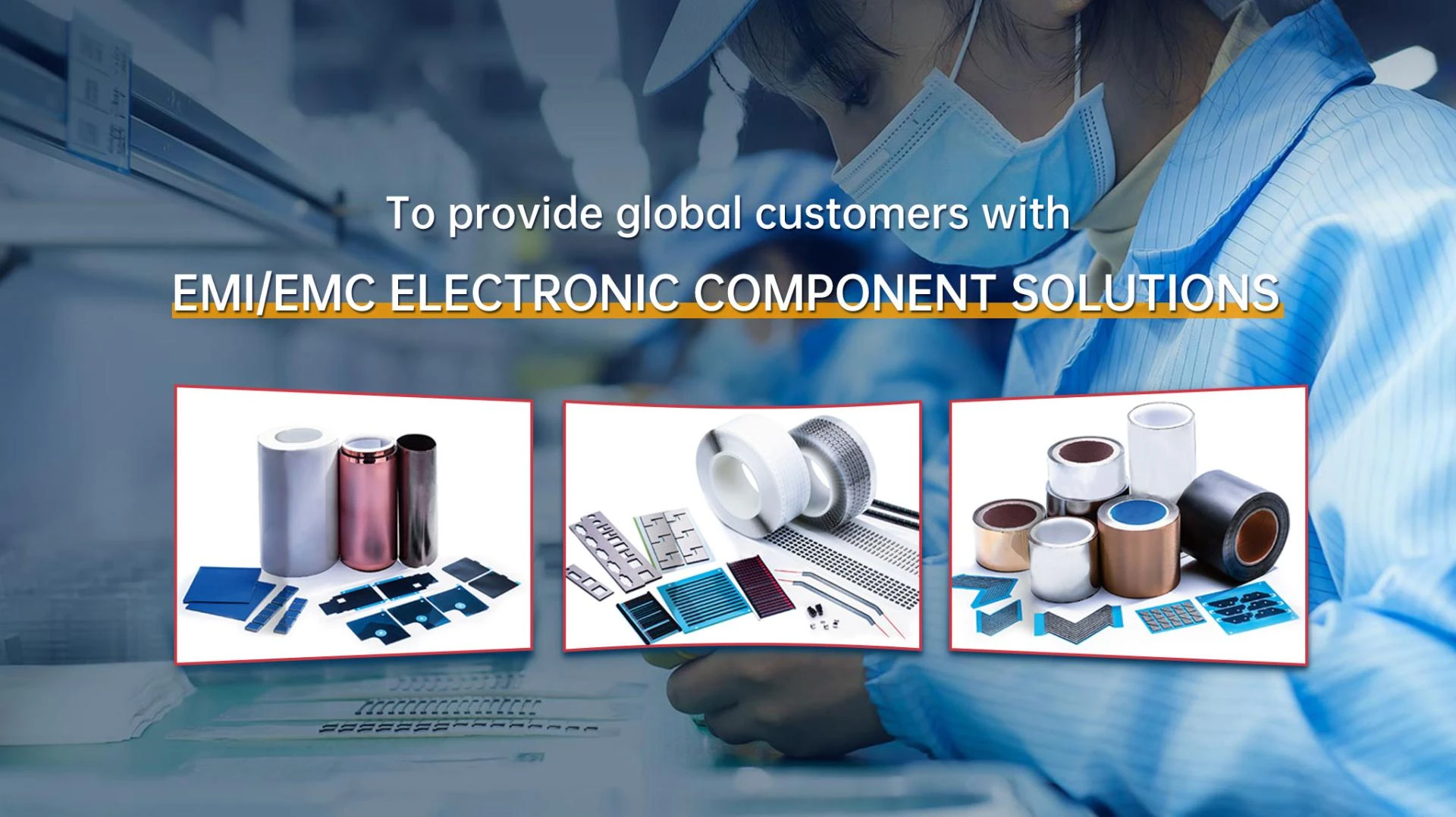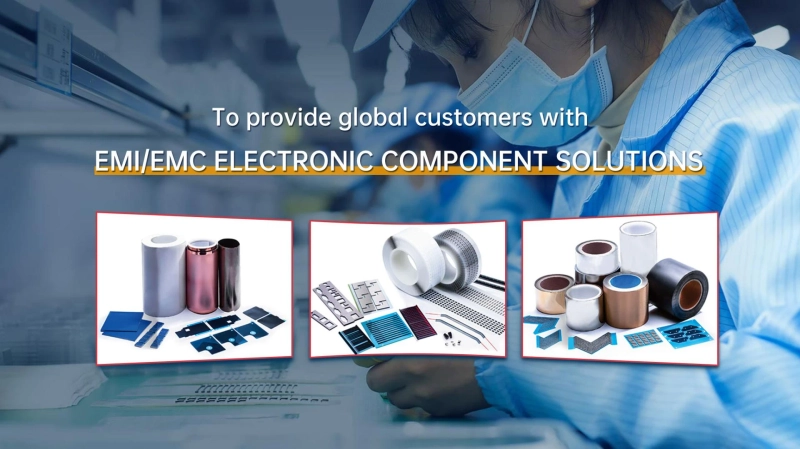
In the fast-paced world of manufacturing, efficiency, accuracy, and quality are paramount. One technology that has significantly impacted these areas is precision die cutting. This innovative technique allows manufacturers to create highly accurate and intricate parts with minimal waste. In this article, we will explore the benefits of precision die cutting, its applications, and why it has become a go-to solution for industries across the globe.
What is Precision Die Cutting?
Precision die cutting is a manufacturing process that uses a custom die to cut, shape, and mold various materials. The die acts like a mold or stencil, helping to produce parts with specific dimensions and designs. This process can be used for a wide range of materials, including metals, plastics, paper, foam, and rubber. The precision of the cuts allows manufacturers to create parts with tight tolerances, making it suitable for industries where accuracy is critical.
Key Advantages of Precision Die Cutting
- High Accuracy and Consistency
- One of the biggest advantages of precision die cutting is its ability to produce parts with high accuracy. The custom dies are designed to meet precise specifications, ensuring that each part is identical. This consistency is vital in industries like electronics, medical devices, and automotive manufacturing, where even the slightest variation can impact performance and safety.
- Cost-Effective for High-Volume Production
- While the initial setup cost for creating the die can be higher, precision die cutting is highly cost-effective for mass production. Once the die is created, it can be used to produce large quantities of parts with minimal variation, which significantly reduces the cost per unit. This makes it a popular choice for industries that require high-volume production without sacrificing quality.
- Versatility in Material Choices
- Precision die cutting is highly versatile and can be used with a wide range of materials. Whether it’s thin materials like paper or thicker substances like metal, the die cutting process can be adapted to suit different needs. This flexibility makes it ideal for industries such as automotive, packaging, electronics, and medical devices, where different materials are required for various components.
- Improved Speed and Efficiency
- The precision die cutting process is automated, meaning it can produce large quantities of parts in a short amount of time. This speed is crucial for industries with tight production schedules. Additionally, the accuracy of the cuts reduces the need for additional finishing or adjustments, making the overall process faster and more efficient.
- Minimal Material Waste
- One of the significant benefits of precision die cutting is its ability to minimize material waste. Custom dies are designed to maximize the use of material, and the process itself produces very little scrap. This not only reduces costs but also makes the process more environmentally friendly.
Applications of Precision Die Cutting
Precision die cutting is used across various industries to produce a wide array of parts and components. Some of the most common applications include:
- Automotive: Precision die cutting is used to create gaskets, seals, and insulation materials for vehicles. These parts must be highly accurate to ensure the proper functioning of automotive systems.
- Electronics: In the electronics industry, precision die cutting is used to create insulating pads, filters, and components for devices like smartphones, laptops, and other consumer electronics.
- Medical Devices: Precision die cutting plays a critical role in the medical field, producing components for medical devices, such as seals, filters, and custom parts that need to meet strict safety standards.
- Packaging: Many companies use precision die cutting to create custom packaging solutions. Whether it’s boxes, inserts, or displays, this technique helps create functional and attractive packaging designs.
Conclusion
Precision die cutting is an essential tool in the manufacturing industry, offering unmatched accuracy, speed, and efficiency. With its ability to produce high-quality parts with minimal waste, it is no wonder that this process is used in a wide range of industries. If you're looking for a reliable and cost-effective method to create precision parts, precision die cutting might be the ideal solution for your needs.


